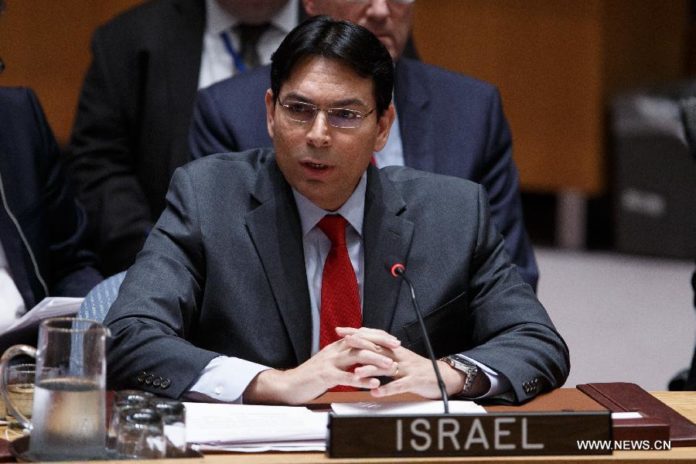- Jul 23, 2018
- 4,305
 | PROPOSED RESOLUTION AMENDMENT THE GLOBAL ASSEMBLY |
________________________________________________________________________________________________________________________________
REPRESENTATIVES NAME AND TITLE | Ambassador for Sweden to the Global Assembly, Marc Kvet
CURRENT PARAGRAPH(S) IN QUESTION |
1 | (Article 12.5) The Chief Justice shall make orders for the conduct of the case, shall decide the form and time in which each party must conclude its arguments, and make all arrangements connected with the taking of evidence.
2 | (Article 15.2) Application for Appeal should be made to the Chief Justice in company with all supporting evidence, witnesses and miscellaneous material in the first instance for initial review by the court.
PROPOSED AMENDMENT |
1 | (12.5) The Chief Justice shall make orders for the conduct of the case, shall decide the form and time in which each party must conclude its arguments in line with the guidance presented in Article 12.5a to 12.5c, and make all arrangements connected with the taking of evidence by means of physical witness testimony and documented evidence.
(12.5a) The parties, at the opening of the courts session, may present an opening statement to the presiding bench. The court recognises the undue delay and hinderance to the case should opening statements be outside a reasonable tolerance thus sets a limit of five hundred (500) words, unless prior request is made to and granted by the Chief Justice.
(12.5b) Concluding closing statements, in the interest of retaining the process of the court and the reasonable orderly presentation of evidence throughout the session, should not exceed a set limit of seven hundred and fifty (750) words, unless prior request is made to and granted by the Chief Justice.
2 | (15.2) Application for Appeal should be through the submission of an official referral to the Court in company with all supporting evidence, witnesses and miscellaneous material in the first instance for initial review by the court.
(15.4) In the event of the Chief Justice refusing to hear an appeal, the referrer retains the right to contest which should be reviewed by the Secretary General independently.
(15.4a) The Secretary General may, at any time, bring a contested appeal to session in which case the Secretary General will chair the session.
(15.4b) The decision of the Secretary General is final and upon conclusion of an appeal being heard or refused, no further referrals may be made to the court in relation to the heard case, unless exceptional circumstances permit.
(15.5) Judgements made in the initial case are not enforceable on the presentation of an Application for Appeal or a refused application referral being contested until the conclusion of the process.
CURRENT PARAGRAPH(S) IN QUESTION |
1 | (Article 12.5) The Chief Justice shall make orders for the conduct of the case, shall decide the form and time in which each party must conclude its arguments, and make all arrangements connected with the taking of evidence.
2 | (Article 15.2) Application for Appeal should be made to the Chief Justice in company with all supporting evidence, witnesses and miscellaneous material in the first instance for initial review by the court.
PROPOSED AMENDMENT |
1 | (12.5) The Chief Justice shall make orders for the conduct of the case, shall decide the form and time in which each party must conclude its arguments in line with the guidance presented in Article 12.5a to 12.5c, and make all arrangements connected with the taking of evidence by means of physical witness testimony and documented evidence.
(12.5a) The parties, at the opening of the courts session, may present an opening statement to the presiding bench. The court recognises the undue delay and hinderance to the case should opening statements be outside a reasonable tolerance thus sets a limit of five hundred (500) words, unless prior request is made to and granted by the Chief Justice.
(12.5b) Concluding closing statements, in the interest of retaining the process of the court and the reasonable orderly presentation of evidence throughout the session, should not exceed a set limit of seven hundred and fifty (750) words, unless prior request is made to and granted by the Chief Justice.
2 | (15.2) Application for Appeal should be through the submission of an official referral to the Court in company with all supporting evidence, witnesses and miscellaneous material in the first instance for initial review by the court.
(15.4) In the event of the Chief Justice refusing to hear an appeal, the referrer retains the right to contest which should be reviewed by the Secretary General independently.
(15.4a) The Secretary General may, at any time, bring a contested appeal to session in which case the Secretary General will chair the session.
(15.4b) The decision of the Secretary General is final and upon conclusion of an appeal being heard or refused, no further referrals may be made to the court in relation to the heard case, unless exceptional circumstances permit.
(15.5) Judgements made in the initial case are not enforceable on the presentation of an Application for Appeal or a refused application referral being contested until the conclusion of the process.



 .
.
